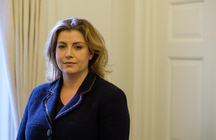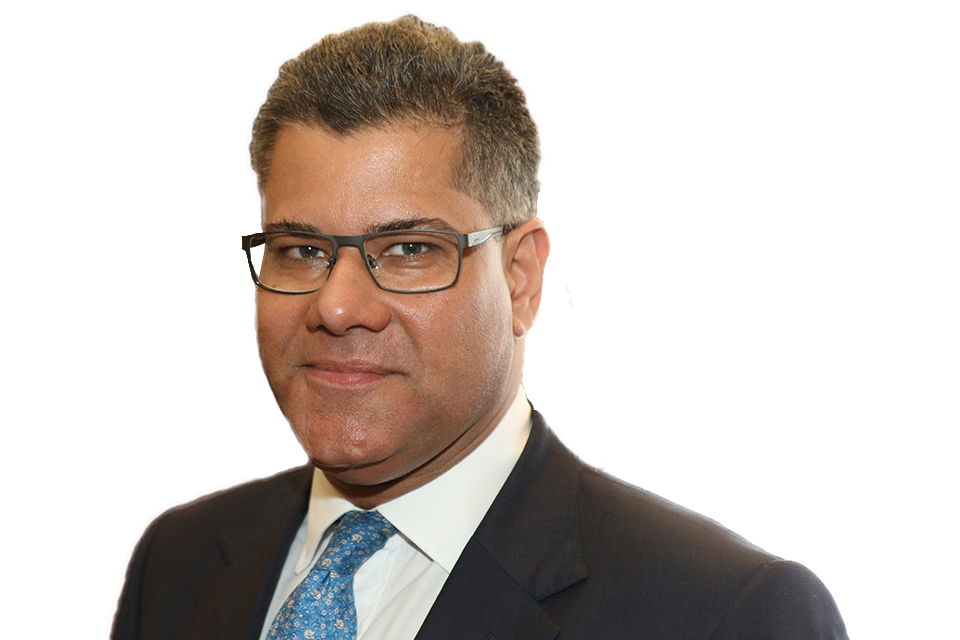Penny Mordaunt – 2018 Speech on Education in Syria
Below is the text of the speech made by Penny Mordaunt, the Secretary of State for International Development, on 25 April 2018.
Thank you all and I’d like to start by thanking our friends in Jordan, Lebanon and Turkey.
The progress we have made since the London Syria Conference in 2016 to ensure that every child in the region has access to quality education is a reason for hope even in the most trying of circumstances.
More than a million displaced Syrian children now have received access to some form of education since the start of the conflict eight years ago.
In Jordan, a hundred and sixty-five thousand Syrian children are now in education after the Jordanian Government overhauled national education policies.
In Lebanon, the public education system has doubled in size since the start of conflict, and as a result more than three hundred and sixty-five thousand Syrian children are now receiving an education.
And in Turkey. More than six hundred thousand Syrian children are now learning in schools.
The education these children are receiving is helping us build the skills and knowledge needed to power the economies of tomorrow.
However, there are nearly six hundred and ninety thousand children in the region without access to any education.
And we need to work together to reach these children or we risk creating a ‘Lost Generation.’
Young people without prospects and without hope. Young people who have a critical role to play in the recovery and rebuilding of the region when peace does eventually come.
As we strive to find a political settlement to the conflict, we must also strive to equip young people with the education they need to find employment.
Currently, the region has one of the highest rates of youth unemployment and lowest rates of female labour market participation.
By helping host countries invest and improve their education systems we can help young men and women transform their economies and spur economic growth across the region.
And this mean donors working with governments to make better use of education data to create better teaching programmes to drive up teaching standards.
And donors making more multi-year pledges. With predictable financing we can create long-term, sustainable programmes that deliver results.
But it’s not just more funding but smarter funding that we need.
Funding has to be linked to results and reforms. It must be able to measure progress and see which programmes work and which programmes need to work harder.
The UK will continue to provide long-term, multi-year support to the region to create the education and employment opportunities that will spur the recovery we all want to see.
But as we do so, we must not forget those most at risk from being left behind.
We must ensure that all our efforts to spur economic development also include refugees and the most vulnerable.
That includes –
Working and undocumented children.
Girls.
And children with disabilities.
This July we will also co-host an international Disability Summit in London, which we hope Jordan, Lebanon and Turkey, will attend.
At the summit we will set forth a set of concrete steps to ensure that people with disabilities are given the opportunities to fulfil their potential wherever they are in the world.
Sadly, many Syrian children are living with injuries sustained in the conflict. And it would be an added penalty – and an injustice – if they are now denied the education opportunities we seek to provide other children.
We must ensure that every child in the region has equal access to a quality education and the opportunity to fulfil their potential so we can create the economies of tomorrow, and a future of peace and prosperity.
Thank you.


